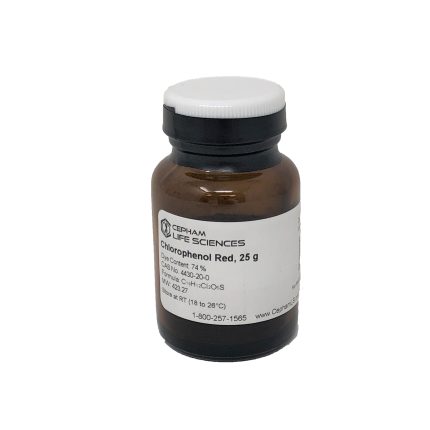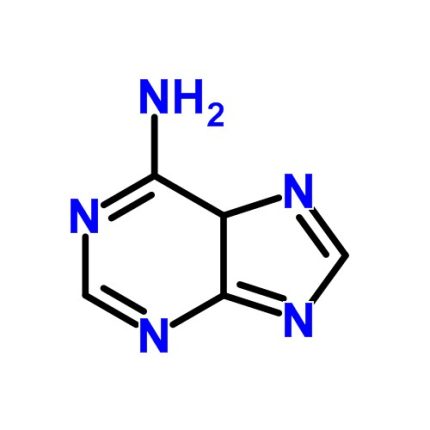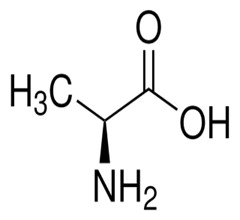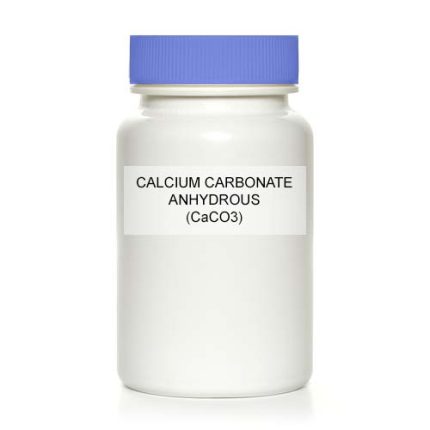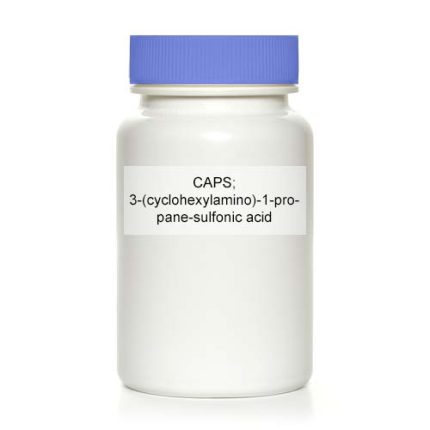General Description
Citric acid is an organic acid commonly used as a chelating agent, a buffering agent, and also used for pH adjustment and derivatization.
Applications:
It has been used in the preparation of:
• Phosphate citrate buffer for use in ELISAs.
• Citrate-stabilized ceria aqueous sol for the synthesis of cerium oxide nanoparticles.
• Citric acid-Na2HPO4-buffered stock solution for determining fecal urease activity.
• Anticoagulant citrate dextrose solution A (ACD-A), which is employed during the isolation of blood-derived endothelial progenitor cells.
Additionally, citric acid has also been used in the following:
• In a novel process which allows controlling of the particle size during the synthesis of palladium cuboctahedrons.
• To prepare citric acid-derived carbon nanodots (CNDs) by bottom-up carbonization method.
• As a bi-component chelating agent for the synthesis of Li4Ti5O12 (lithium titanate oxide) by a novel sol–gel method.
CAS Number: 77-92-9;
Synonyms: 2-hydroxypropane-1,2,3-tricarboxylic acid; Citric acid, anhydrous; Citro; Anhydrous citric acid;
Molecular Formula: CH2COOH-C(OH)COOH-CH2COOH;
Molecular Weight: 192.123 g/mol
InChI Key: KRKNYBCHXYNGOX-UHFFFAOYSA-N




